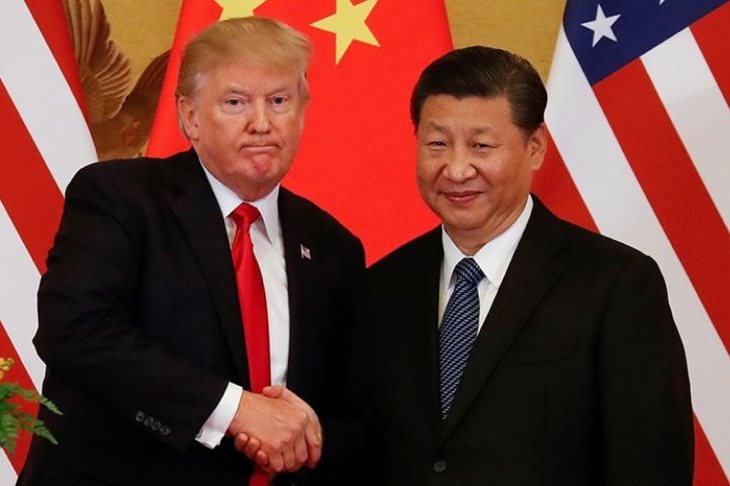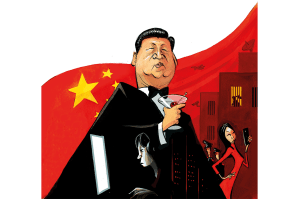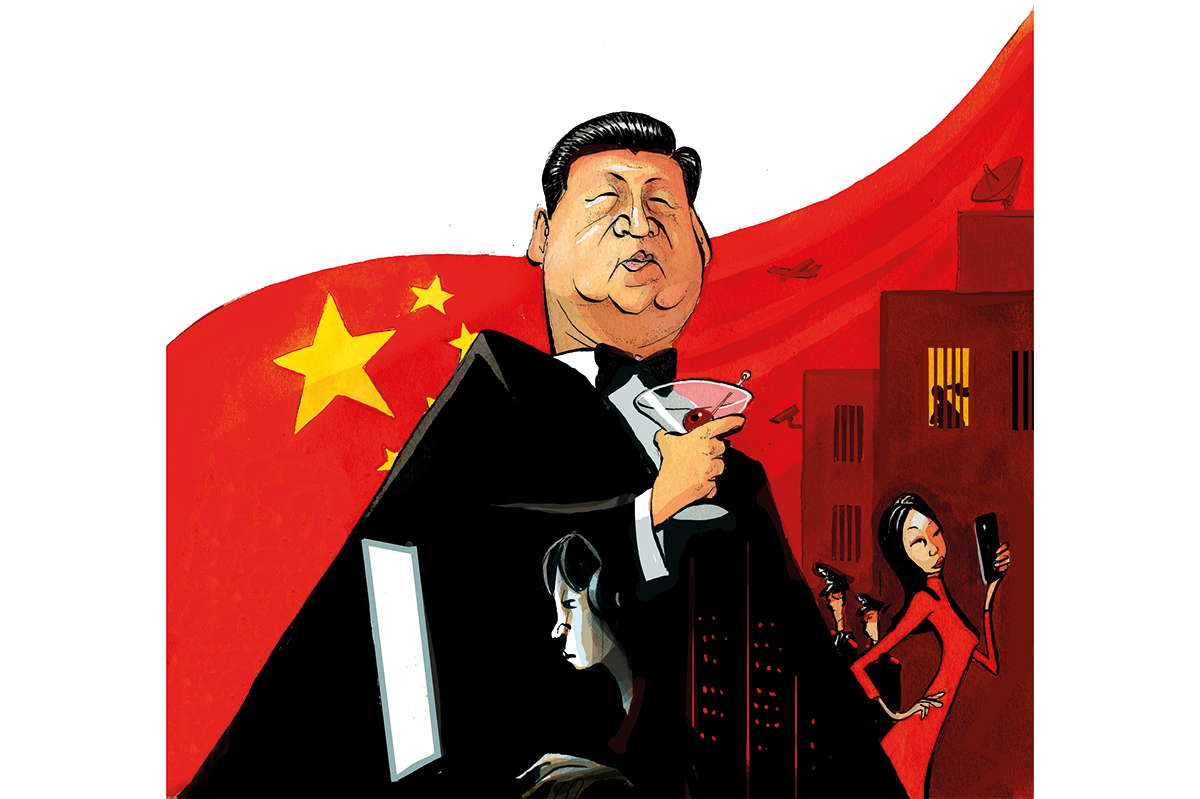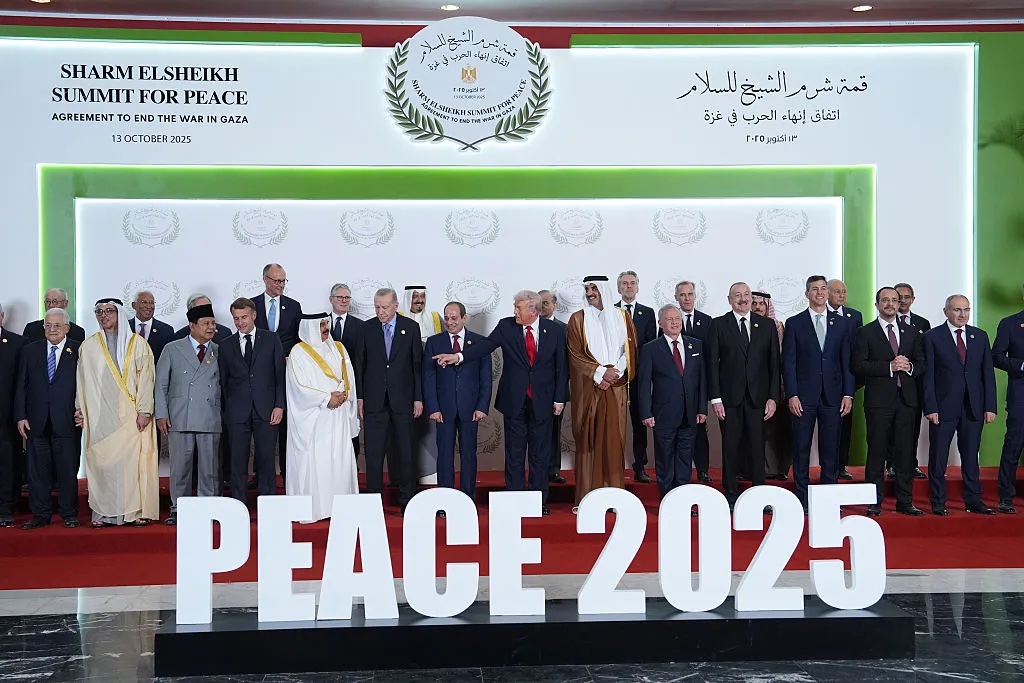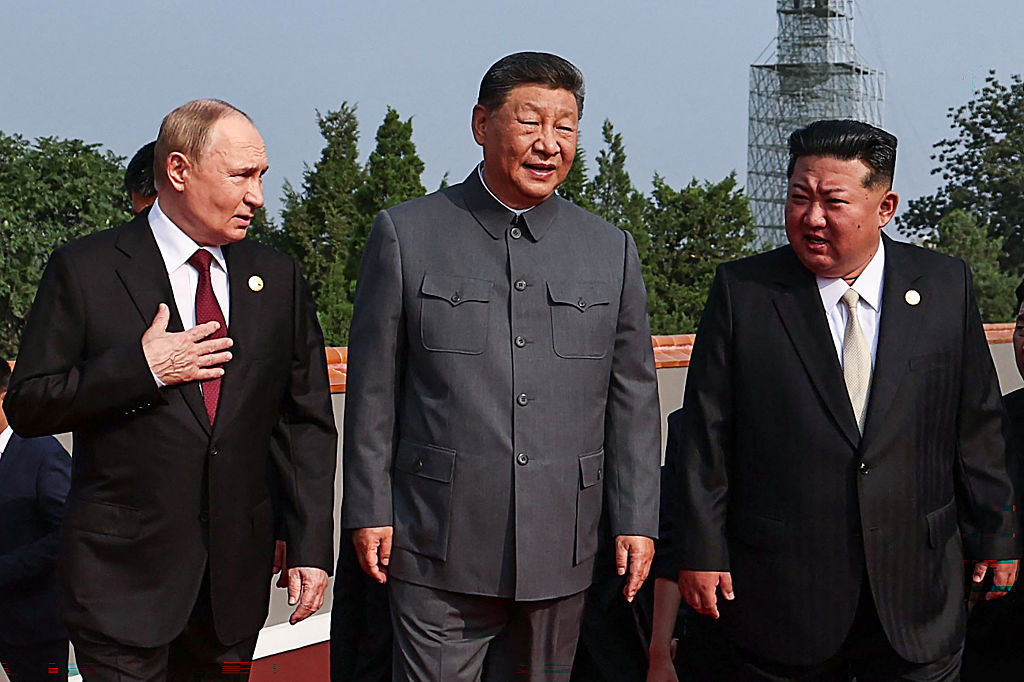Nobody likes the sound of trade war, and rightly so. China’s new retaliatory tariffs against US products feel like the beginning of something bad: an escalating tit-for-tat trade conflict between the world’s richest countries which could choke the global economy.
But there are good reasons to think that, far from being another silly move by a hothead president, Trump’s right about trade with China and that, as he has with North Korea, he is grasping a dangerous nettle that other presidents dared not touch. It may be scary, but it needs to be done. And it’s not just necessary for America, but perhaps the rest of the world as well.
China is deeply protectionist, and is rapidly becoming the most powerful country on earth. Beijing has a predatory approach to industry, which has propped up the world economy in recent years, but damages it in the longer term. China massively subsidises industries in order to keep its unemployment down and to try and keep ahead of the competition in key areas, such as robotics, aviation, cars, and biomedicine. When China produces too much in these state-supported sectors, it dumps the excess supply on global markets. That harms industries in other countries that do not have the same state-support.
The western argument in favour of keeping China’s oversupply going is that it makes goods cheaper, but that is only a short-term gain. As shown with vitamins last year, once Beijing has achieved dominance over a particular sector, having drowned out the competition with oversupply, it then starts to ramp up prices.
That, on top of China’s dramatic and massive theft or coercion of intellectual property, means Beijing has essentially been rigging the global economy in its favour in the long run. So, a tough US response to China is long overdue. The good news is that, as even the FT admits, in trade wars, ‘deficit countries hold an advantage over those with trade surpluses … Trump is correct that he has less to fear from a decrease in trade with China than President Xi Jinping.’ The bad news is that the global economy is horribly addicted to Chinese oversupply, and any attempt to address the huge trade imbalance will cause large problems.



